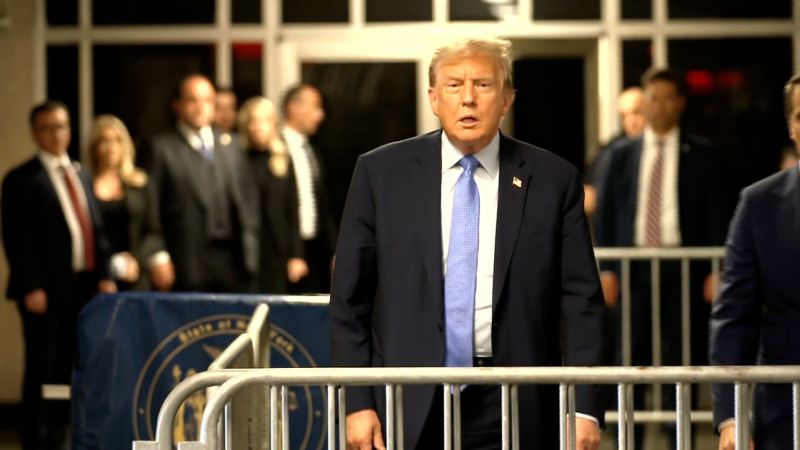Aidala argues that allowing Weinstein’s prior convictions to be introduced as evidence unfairly prejudiced the jury against him. Therefore, he believes that the same standard should be applied to former President Donald Trump’s cases. Trump is facing several legal challenges, including cases related to his financial records and allegations of sexual assault. Aidala believes that allowing Trump’s prior actions or statements to be introduced as evidence could also prejudice the jury against him, leading to an unfair trial. He hopes that Judge Merchan will reconsider his decision in light of the Weinstein appeal.
Aidala’s argument raises important questions about how past behavior should be considered in current legal cases. While the principle of allowing evidence of past acts to be introduced in court has long been established, the issue becomes more complicated when dealing with high-profile individuals like Weinstein and Trump. In these cases, there is a risk that the jury’s decision could be swayed more by the defendant’s reputation than by the facts of the case at hand. Aidala’s argument challenges the notion that a person’s past should always be admissible as evidence, especially when it comes to public figures with highly contentious reputations.
There are valid concerns on both sides of this debate. On one hand, allowing past behavior to be introduced as evidence can provide important context for the current case and help establish a pattern of behavior. This can be particularly relevant in cases of sexual assault or financial crimes, where past actions can shed light on the defendant’s likelihood of committing similar crimes in the future. On the other hand, the risk of unfair prejudice is a real concern, especially when dealing with high-profile defendants whose past actions are widely known. In these cases, there is a danger that the jury’s decision could be influenced more by the defendant’s reputation than by the actual evidence presented in court.
Ultimately, the decision of whether to allow evidence of past behavior in a trial should be made on a case-by-case basis, taking into account the specific circumstances of the case and the potential impact on the fairness of the trial. In the case of Trump’s legal challenges, it will be up to Judge Merchan to weigh the arguments presented by both sides and make a decision based on the principles of fairness and justice. Aidala’s argument may prompt a broader discussion about the use of past behavior as evidence in high-profile cases and could lead to a reevaluation of how such evidence is considered in the future.
Regardless of the outcome of this particular case, the debate surrounding the use of past behavior as evidence is likely to continue in the legal community. As society grapples with issues of fairness and justice, it is important to consider the potential impact of allowing evidence of past actions in trials involving high-profile individuals. The decision made by Judge Merchan in response to Aidala’s argument will have far-reaching implications for how past behavior is considered in the legal system and could set a precedent for future cases involving public figures. It remains to be seen how this debate will unfold and what impact it will have on the administration of justice in the United States.













